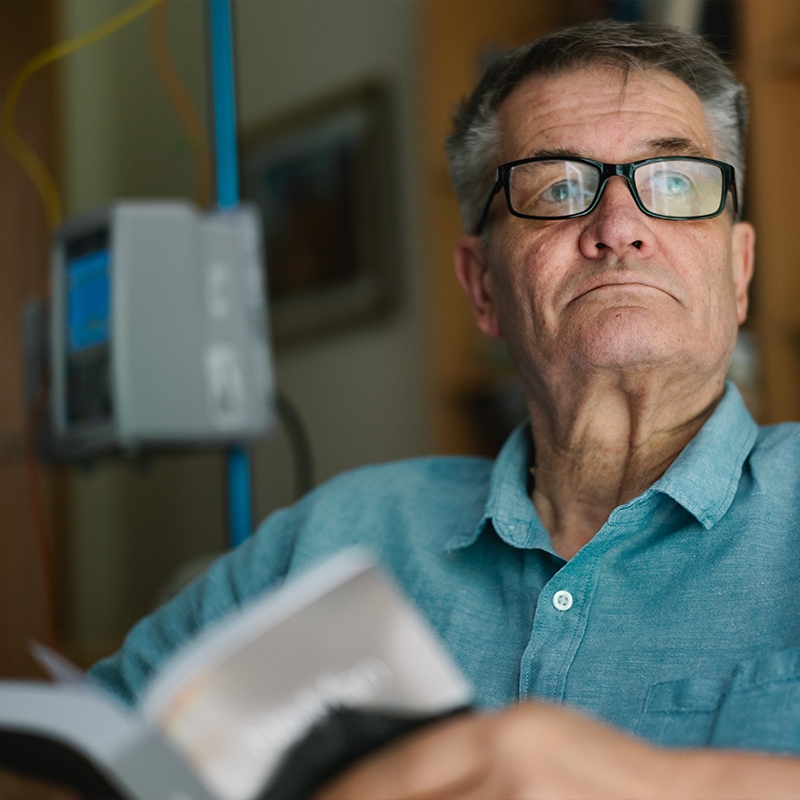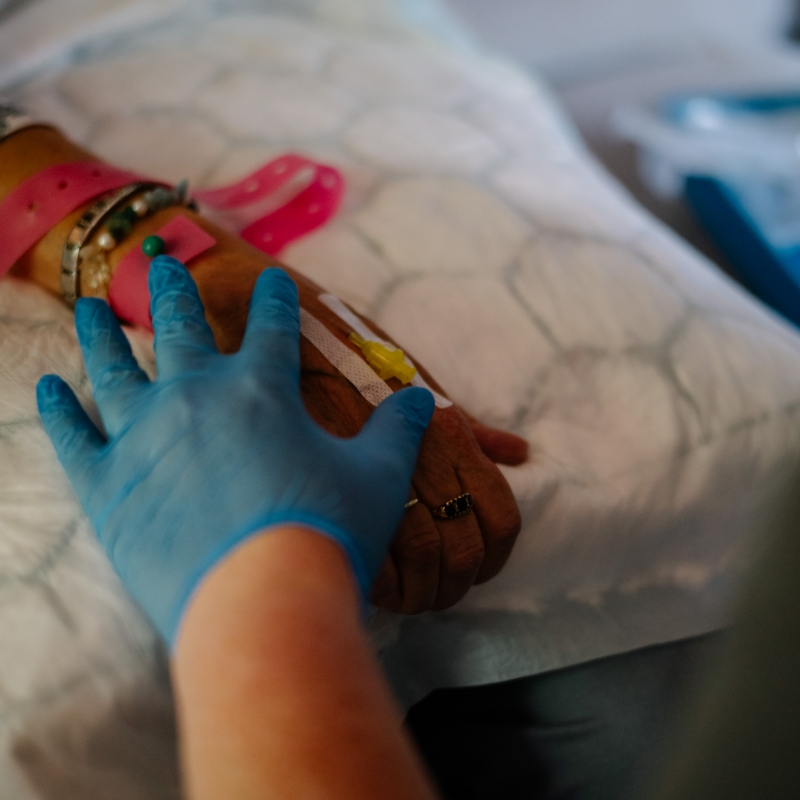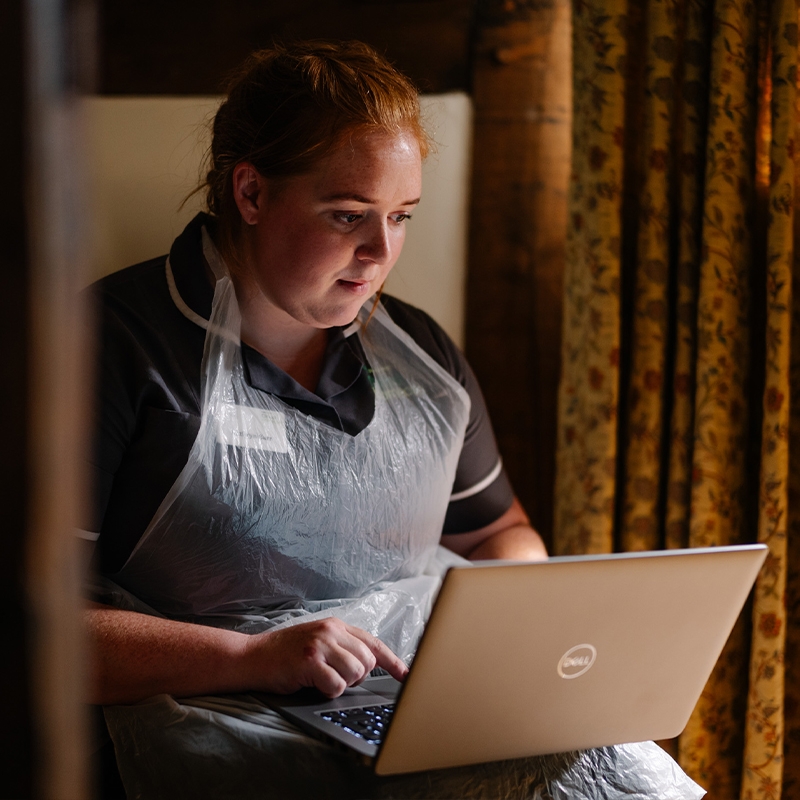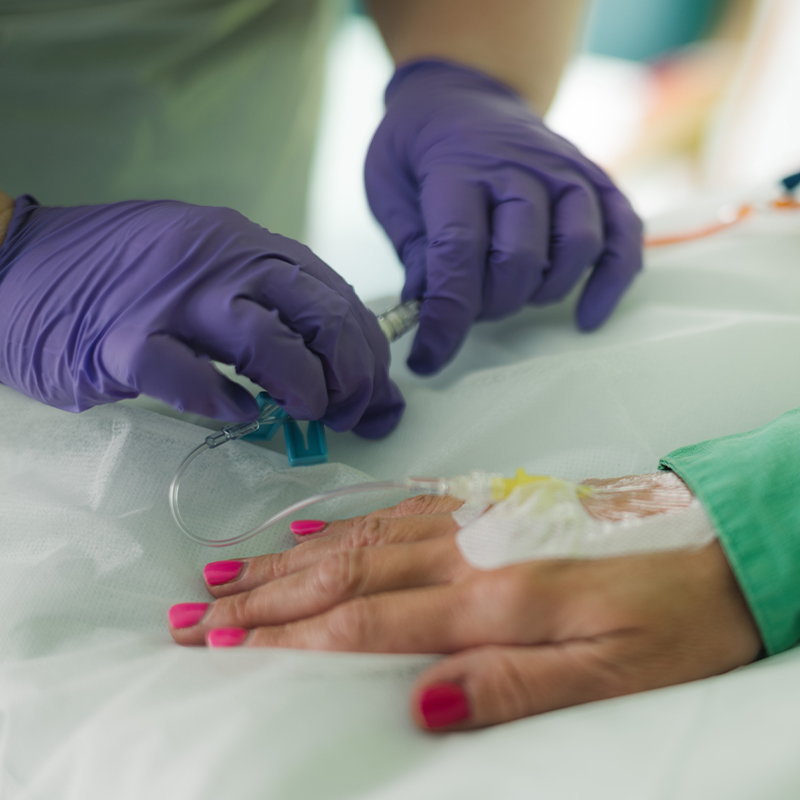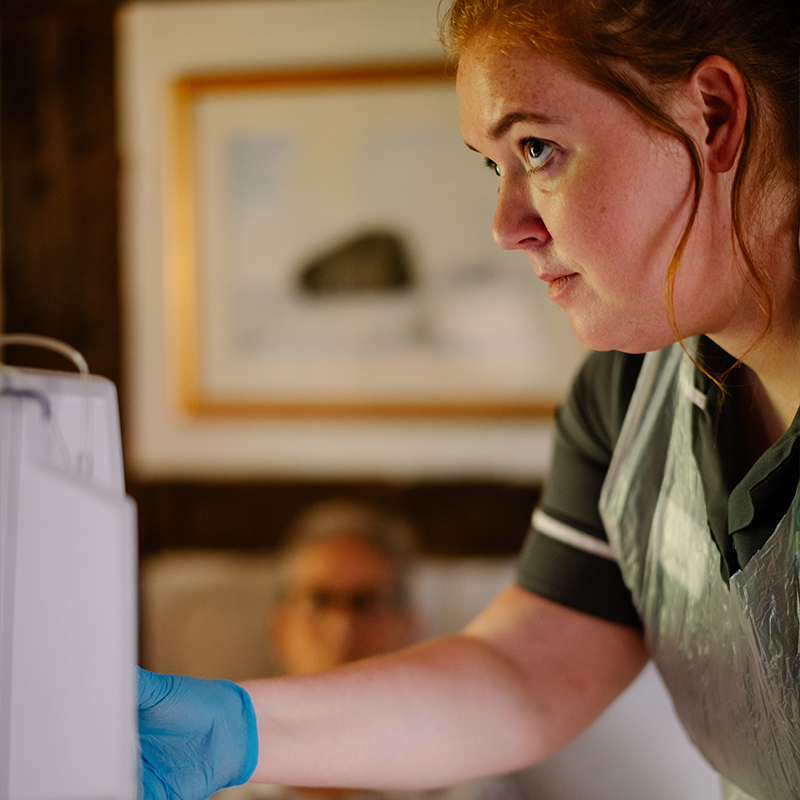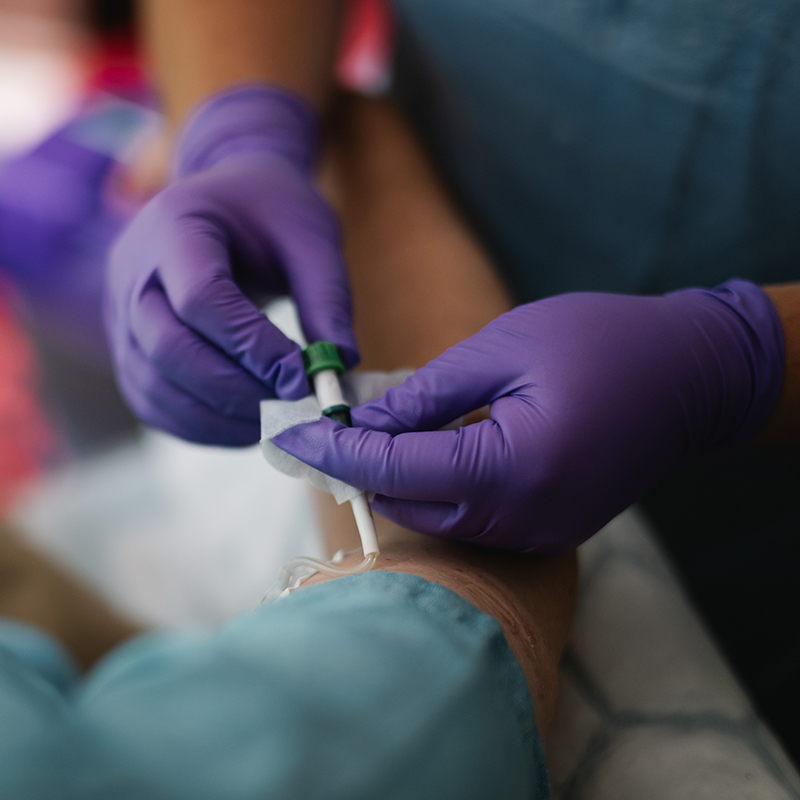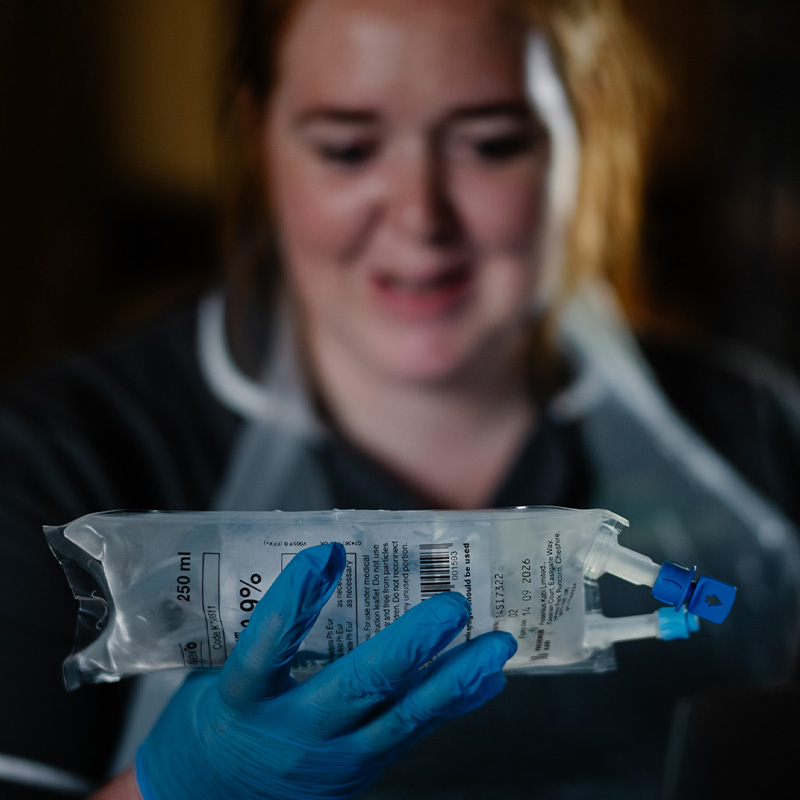Understanding prostate cancer treatment
With so much information to absorb and decisions to make, a prostate cancer diagnosis can be overwhelming. Rest assured, you’re not alone, and there are many options for managing the condition and tailoring treatment to suit your individual needs.
our guide is here to help you understand private prostate cancer treatment and the main treatment options available
Key factors that influence treatment decisions
Treatment options for localised prostate cancer
For many men diagnosed with localised prostate cancer, the goal is to either monitor the cancer’s progression or treat it before it spreads.
Active Surveillance vs Watchful Waiting
- Active Surveillance involves regular monitoring through PSA tests, MRI scans, and biopsies. This approach is fitting for men with low-risk prostate cancer and aims to avoid unnecessary treatment for slow-growing cancers.
- Watchful Waiting is similar but more suitable for older men or those with other significant health issues. Treatment is only initiated if symptoms occur.
Surgery (radical prostatectomy)
A radical prostatectomy involves the surgical removal of the prostate gland. This is often recommended for men whose cancer is confined to the prostate.
Risks of surgery:
- Potential for urinary incontinence or erectile dysfunction.
- Recovery can take several weeks.
Radiotherapy
Radiotherapy uses high-energy rays to destroy prostate cancer cells. It’s a non-invasive treatment that’s often paired with hormone therapy to increase effectiveness.
Two main types include:
- External Beam Radiation Therapy (EBRT), where radiation is directed at the prostate from outside the body.
- Brachytherapy, where radioactive seeds are implanted into the prostate.
How to decide
Your decision may depend on your age, characteristics of your tumour and how treatment could impact your daily life. Younger men may lean towards surgery due to lower recovery times, while older individuals may prefer less invasive options.
Treatment options for locally advanced prostate cancer
Locally advanced prostate cancer has spread beyond the prostate but not yet to distant body parts. Treatment generally aims to control the cancer and prevent further spread.
Treatment options for advanced or metastatic prostate cancer
Advanced prostate cancer (also called metastatic prostate cancer) indicates the cancer has spread to other parts of the body, such as bones or lymph nodes. While it’s no longer curable, treatments aim to control the disease, relieve symptoms and improve quality of life.
Hormone therapy
Hormone therapy is a first-line treatment, using injections or tablets to block testosterone. Surgical removal of the testicles (orchidectomy) may be considered in some cases.
Chemotherapy
Chemotherapy uses drugs to destroy or slow the growth of cancer cells. It’s often recommended for men whose cancer no longer responds to hormone therapy.
Newer Treatments
Advances in medicine have introduced new treatment options:
- Androgen receptor inhibitors (ARIs) like enzalutamide.
- Targeted therapy which focuses on specific genetic mutations in cancer cells.
- Radiopharmaceuticals deliver radiation directly to bone metastases.
Palliative care
For those with advanced prostate cancer, palliative care focuses on relieving pain and managing complications to ensure patients are as comfortable as possible.
Managing side effects and offering support
Prostate cancer treatments can come with physical and emotional challenges. These side effects vary depending on the type of treatment and your individual response.
Common Physical Side Effects
- Fatigue and hot flushes
- Erectile dysfunction
- Urinary incontinence
- Bowel issues (in some cases)
Emotional and psychological support
A prostate cancer diagnosis can be emotionally taxing. Depression, anxiety, and concerns about sexuality are common. If you’re struggling, consider speaking with a psychologist, counsellor, or joining a support group.
Lifestyle adjustments
Making healthier lifestyle choices, such as increasing physical activity, eating a balanced diet and reducing stress, can help improve your overall wellbeing during treatment.
Take control of your treatment plan
Making a decision about prostate cancer treatment isn’t easy sometimes, but you don’t have to do it alone. Informative conversations with your healthcare team will help you weigh the pros and cons of each option. Remember, there is no single “best” approach to treatment. The right choice is the one that aligns with your medical needs, values, and lifestyle.
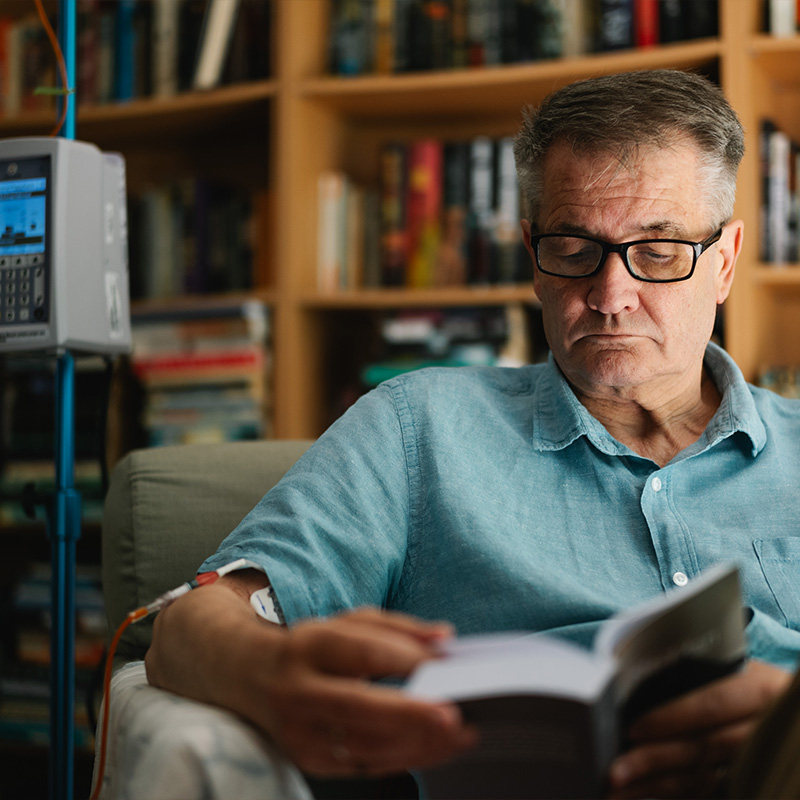
We know the benefits of cancer care at home
Our specialist cancer services ensure private medically insured and self-paying patients who want an alternative to hospital can start their treatment faster. We consider all cancer treatments, including those not currently available in hospitals.

Looking for more information?
We’ve worked with thousands of patients, and we know you’ll have a lot of questions.
If you’re ready to talk to us to discuss your options, fill out the form below and we’ll be in touch quickly.
If your enquiry is urgent please call 0345 2636 123 (England and Wales) or 0345 2636 135 (Northern Ireland and Scotland).
Your guide to prostate cancer treatment
A prostate cancer diagnosis can be overwhelming. Rest assured, you’re not alone, and there are many options for managing the condition and tailoring treatment to suit your individual needs.
Our guide is here to help you understand private prostate cancer treatment and the main treatment options available.

